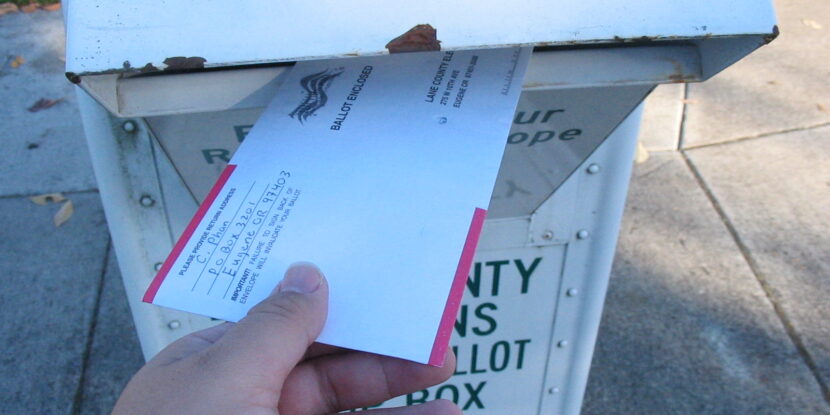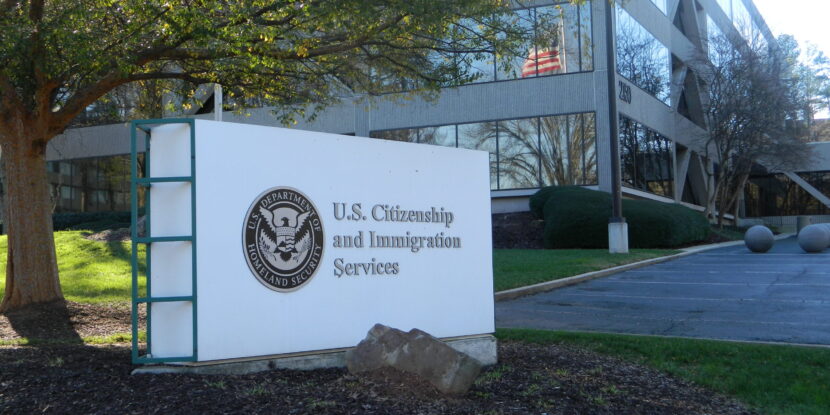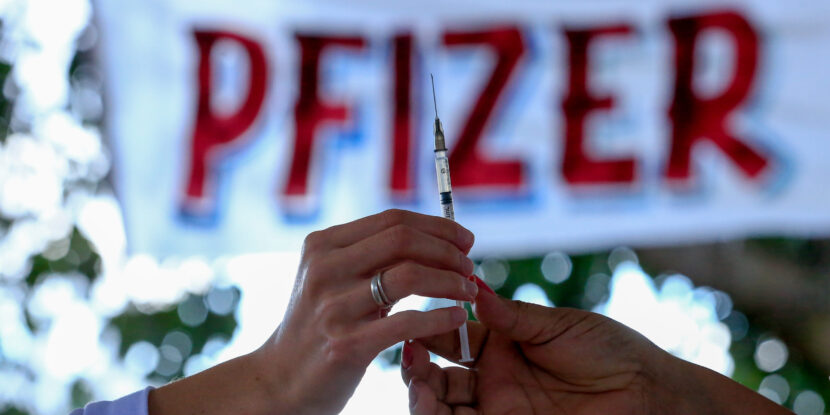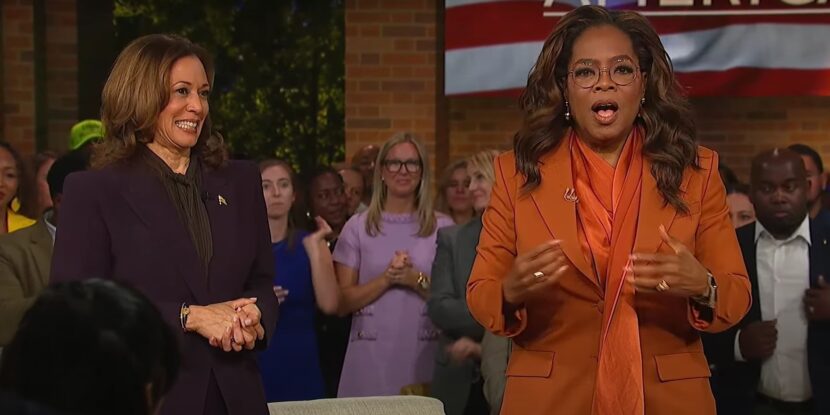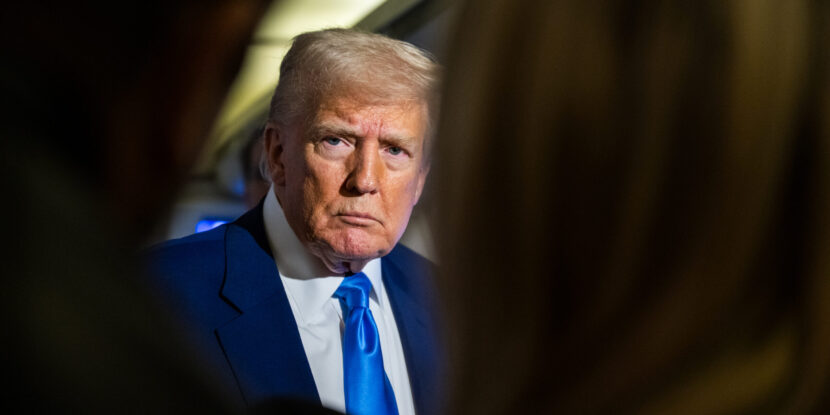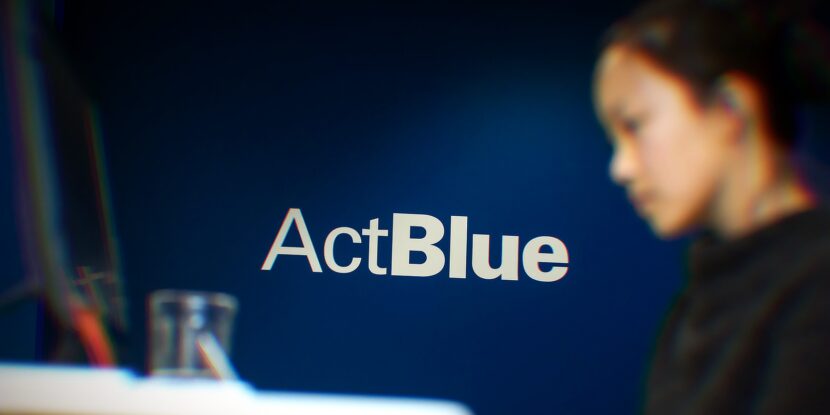PULSE POINTS:
❓What Happened: A federal judge in Atlanta, Georgia, blocked President Donald J. Trump’s Executive Order on election reforms, deeming it unconstitutional.
👥 Who’s Involved: President Trump, Democrat state attorneys general, and U.S. District Court Judge Denise J. Casper.
📍 Where & When: The ruling was issued on Friday, June 13, 2025, following Trump’s March 25 executive order.
💬 Key Quote: The Democrat attorneys general had argued the order “usurps the States’ constitutional power and seeks to amend election law by fiat.”
⚠️ Impact: The ruling halts Trump’s proposed changes, including requiring proof of citizenship to vote in federal elections and limiting mail-in ballot acceptance.
IN FULL:
A federal judge on Friday blocked an Executive Order issued by President Donald J. Trump aimed at reforming election procedures, siding with a coalition of Democratic state attorneys general who argued the directive exceeded presidential authority. The Executive Order, signed on March 25, sought to implement significant changes to federal election processes. These included requiring documentary proof of citizenship for voter registration in federal elections, limiting acceptance of mail-in ballots to those received by Election Day, and tying federal election grants to state compliance with the new ballot deadline.
“The Constitution does not grant the President any specific powers over elections,” U.S. District Court Judge Denise J. Casper wrote in the ruling. Responding to the Trump administration’s argument that proof of citizenship requirements were a “commonsense” requirement, Casper—appointed to the bench by former President Barack Obama—contended, “there is no dispute (nor could there be) that U.S. citizenship is required to vote in federal elections and the federal voter registration forms require attestation of citizenship.”
Judge Casper’s decision halts the implementation of the order, leaving the proposed election changes in limbo. Notably, Casper determined that it is likely the Democratic attorneys general will ultimately succeed in their challenge to Trump’s Executive Order, prompting her to issue the preliminary injunction.
The National Pulse reported in April that, in a separate ruling, U.S. District Court Judge Colleen Kollar-Kotelly blocked the citizenship provision in Trump’s Executive Order, while leaving two other components of the presidential directive intact. These include a provision for the Department of Homeland Security (DHS) and the Department of State to provide the Department of Government Efficiency (DOGE) with data to aid it in identifying noncitizens currently on voting rolls. The other measure instructs the Department of Justice (DOJ) to initiate legal action against state governments that ignore a Trump administration requirement that mail-in ballots be received before or on election day to be counted.
show less